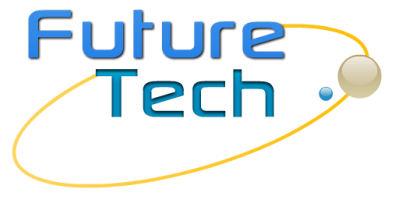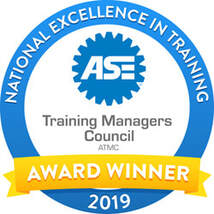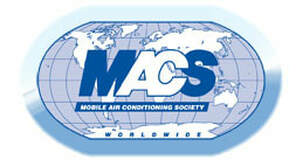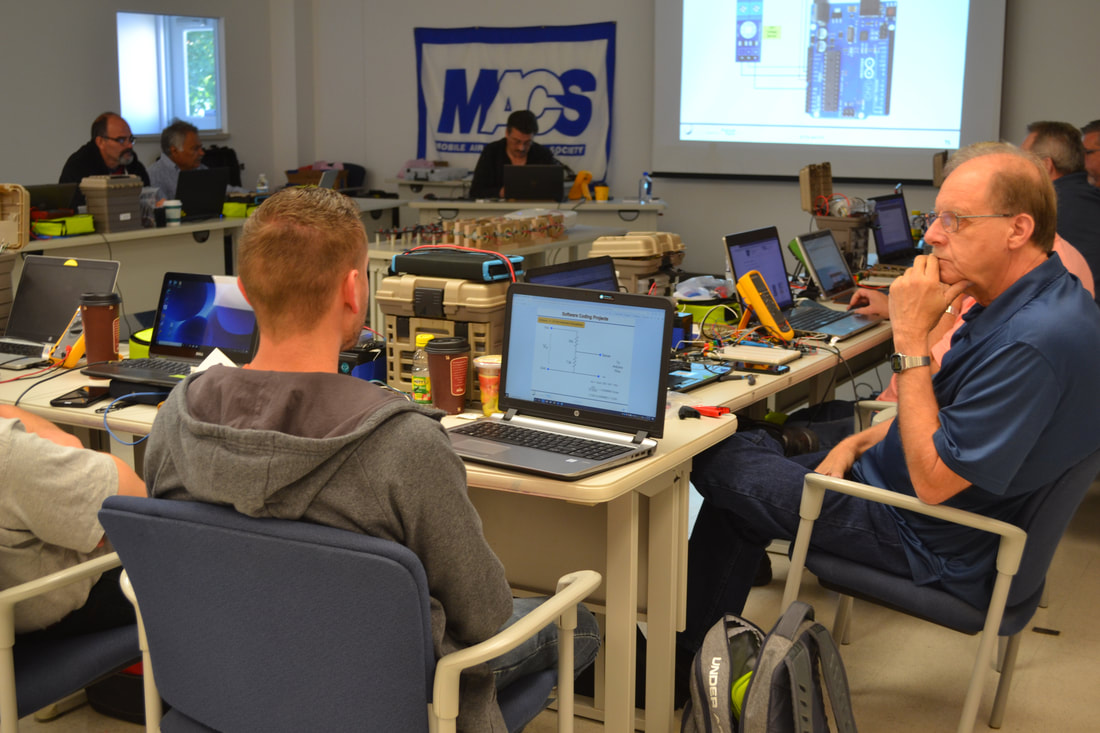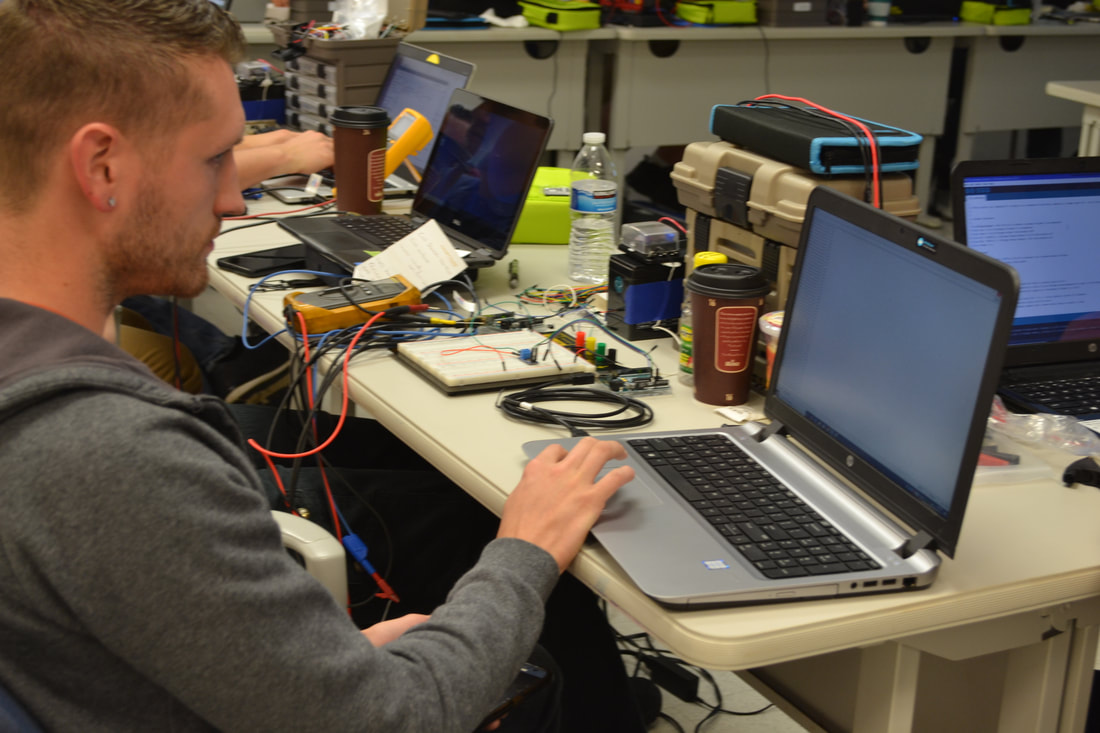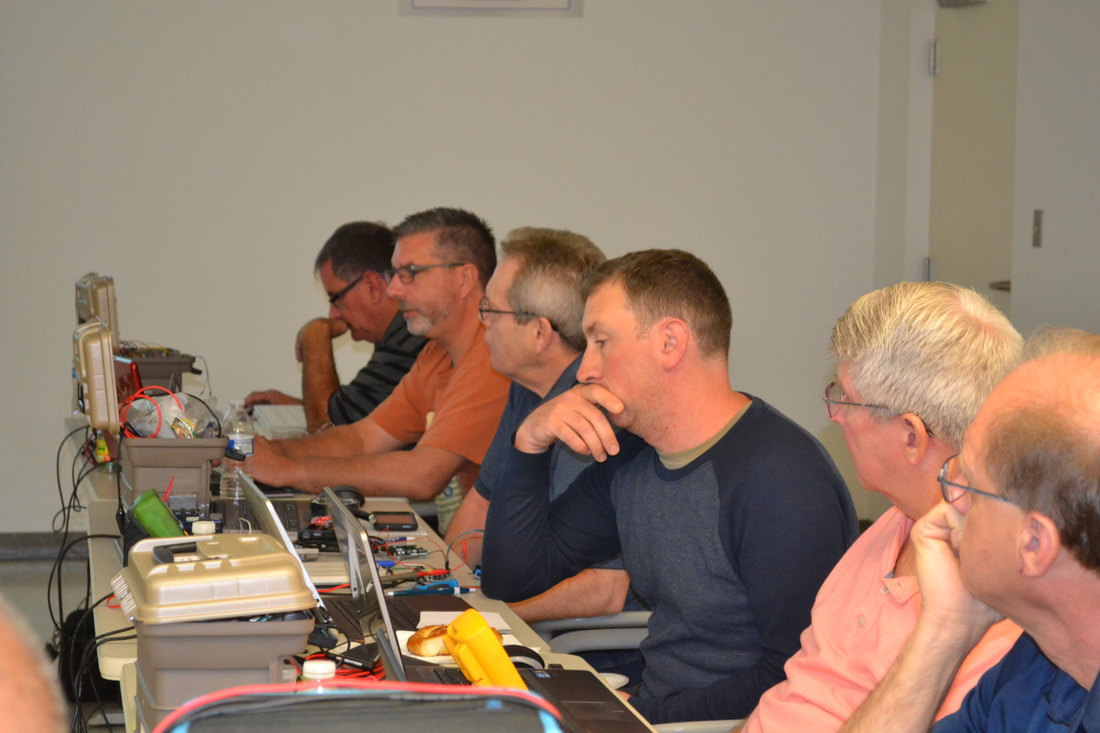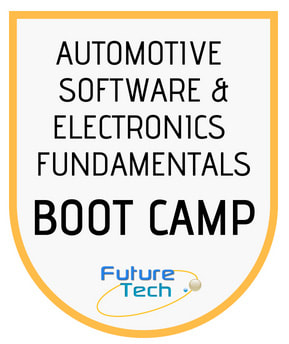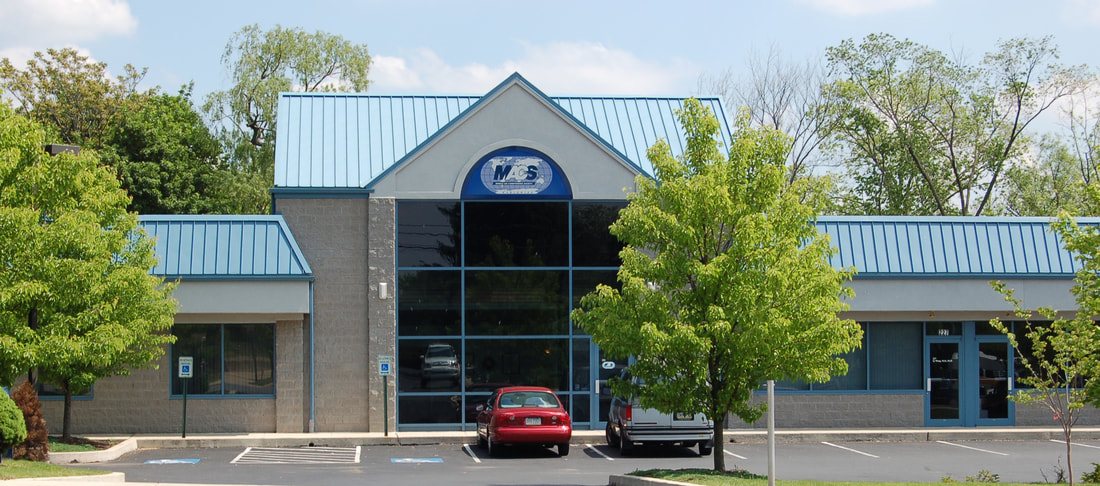
With Vehicle Electrification and ADAS (Advanced Driver Assistance Systems) now in the mainstream automotive market, the diagnostic lines have been blurred between microcontrollers (MC), electronics devices, and network systems. Highly complex software (S/W), firmware (F/W), and hardware (H/W) interface systems in modern automotive architectures are compelling automotive industry service and diagnostic professionals to cultivate new knowledge and skills to more fully understand, analyze, and diagnose modern vehicle systems.
The Automotive Software & Electronics Fundamentals course is designed to give automotive service professionals a fully-immersive environment for learning how to work with advanced automotive systems. Whether it be a Tesla Model S, Chevrolet Volt, or Toyota Prius, all electrified vehicles have complex software, electronics, and network systems that will affect how they perform and thus, how a technician will diagnose and repair them. In this boot camp participants will look beyond parts (high voltage batteries, for example) and into the software and electronics that drive them.
Participants of these boot camps can expect hands-on experience from 8:30AM on Monday morning to 4:30PM on Friday afternoon, stopping only for lunch, beverage and snack breaks (provided to participants). Seats are limited and early registration is recommended.
The Automotive Software & Electronics Fundamentals course is designed to give automotive service professionals a fully-immersive environment for learning how to work with advanced automotive systems. Whether it be a Tesla Model S, Chevrolet Volt, or Toyota Prius, all electrified vehicles have complex software, electronics, and network systems that will affect how they perform and thus, how a technician will diagnose and repair them. In this boot camp participants will look beyond parts (high voltage batteries, for example) and into the software and electronics that drive them.
Participants of these boot camps can expect hands-on experience from 8:30AM on Monday morning to 4:30PM on Friday afternoon, stopping only for lunch, beverage and snack breaks (provided to participants). Seats are limited and early registration is recommended.
-
Registration Info
-
Hotels
-
Overview & Elements
-
Daily Activities
-
Payment Options
<
>
|
Price: $2,195.00
Dates: September 13-17, 2021 (5-Day Training) Hours: 8:30AM - 4:30PM Instructor: Dr. Mark Quarto Pre-requisites: None Course Flyer Download Event Contact (MACS): Marion Posen 215-631-7020 x 304 [email protected] Event Contact (FutureTech): FutureTech Customer Relations 360.207.7770 [email protected] |
|
Although we were unable to secure room blocks for this event, below are nearby hotels:
|
|
Course Overview:
If you are an Automotive Instructor or Technician and want to learn new skills in electronic devices, electronic circuits, software writing and software coding, then join us for this totally new educational and fun course! With Vehicle Electrification and ADAS now in the mainstream automotive market, the diagnostic lines have been blurred between microcontrollers (MC), electronics devices, and network systems. Highly complex software (S/W), firmware (F/W), and hardware (H/W) interface systems in modern automotive architectures are compelling automotive industry service and diagnostic professionals to cultivate new knowledge and skills to more fully understand, analyze, and diagnose modern vehicle systems. Automotive Instructors and Technicians are constantly being challenged by changes in electronics systems and control software in advanced automotive systems. This course contains lecture with significant hands-on project content that will make for the perfect learning environment! Using the popular Arduino MC, participants will be introduced to MC and electronics to build new H/W, F/W, & S/W knowledge that can be used directly with automotive systems. This course has the following topics to address these challenges that confront automotive industry service and diagnostic professionals:
As part of the course each participant will receive a MC, software, a USB cable that they take with them when the course has been completed. This will afford the opportunity for participants to continue learning after completing the course! Specific Course Elements:
|
|
Monday
All Day Tuesday & Wednesday Morning A continuation of Monday (Day 1) - Analog and Digital Signal Conditioning: Its purpose in connecting the MC to the outside world or motors, relays, sensors, other controllers, networks, and more: Why and What is needed, and How to build some simple Signal Conditioning circuits to interface with the MC:
Wednesday Afternoon & Thursday All Day
Friday Morning & Afternoon
|
|
Course Prerequisites: None (although exposure to Automotive Electrical concepts is helpful!)
Students will be responsible to bring their own laptop computer to the course (with at least one operating USB port) for the purposes of operating the MC and permit software applications to be installed for developing S/W code. The students should be prepared to bring their own oscilloscope and/or DVOM to work with the electronic devices and circuits. As part of the course package each student will receive a MC and USB cable (and keep after course completion). This course is designed for individuals that have completed the Part 1 Automotive Software & Electronics Course
Students will be responsible to bring their own laptop computer to the course (with at least one operating USB port) for the purposes of operating the MC and permit software applications to be installed for developing S/W code. The students should be prepared to bring their own oscilloscope and/or DVOM to work with the electronic devices and circuits. As part of the course package each student will receive a MC and USB cable (and keep after course completion). This course is designed for individuals that have completed the Part 1 Automotive Software & Electronics Course
Editorial - ACtion Magazine (Published by MACS):
What I Learned from Automotive Software & Electronics Boot Camp - Tim Iezzi
What I Learned from Automotive Software & Electronics Boot Camp - Tim Iezzi
Your browser does not support viewing this document. Click here to download the document.
Hear what past Boot Camp participants learned in training, and what they will do with their new skills:
|
|
|
|
Need more information about this course? Contact us
